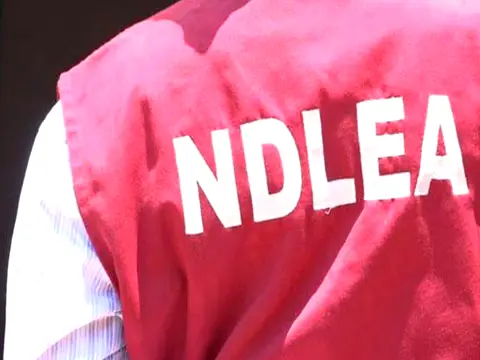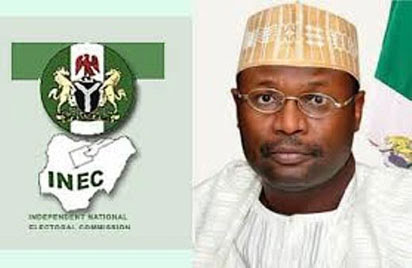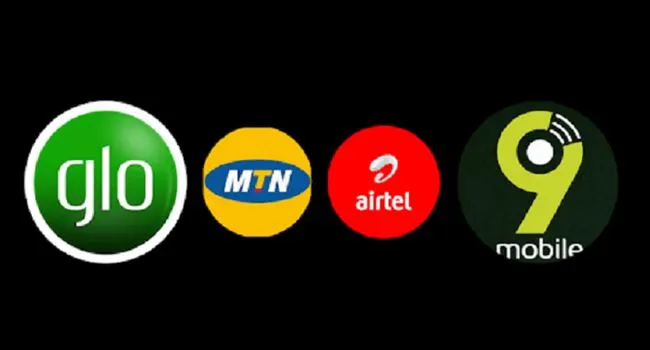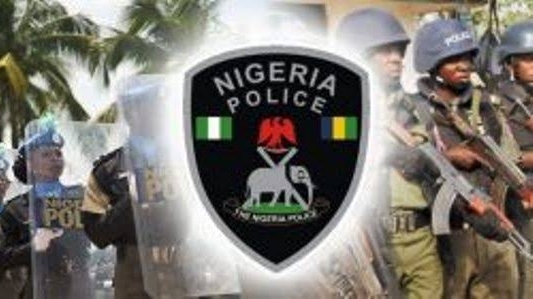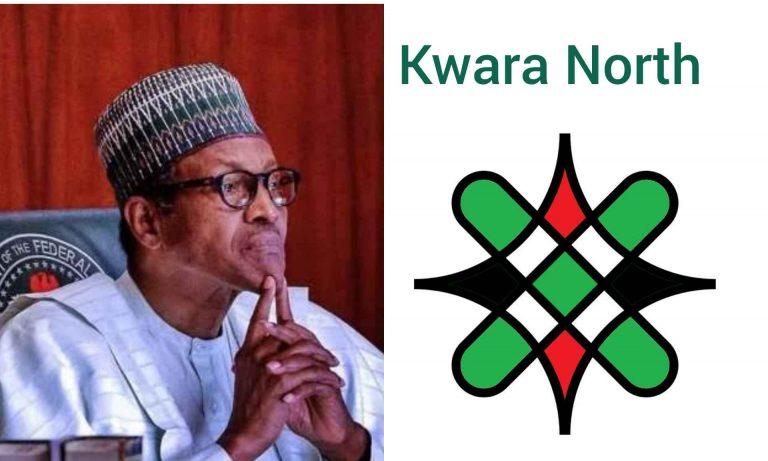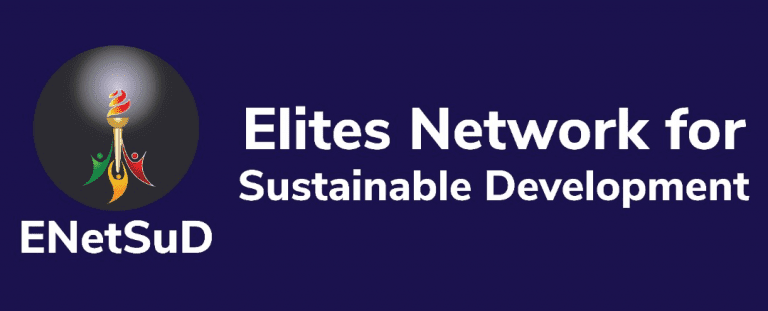3m Nigerians addicted to drug in northwest- NDLEA
No fewer than three million people in the North-West geopolitical zone are struggling with drug addiction, the National Drug Law Enforcement Agency has said.
Brigadier General Buba Marwa, Chairman and Chief Executive Officer of the NDLEA, while disclosing this during the flag-off ceremony of the North-West geopolitical zone campaign against the use of illicit drugs in Kaduna on Monday, said the sensitisation campaign with the theme ‘Stop drug abuse and domestic violence in our communities’ is a testament to the commitment to building a society free from the devastating consequences of substance abuse.
The sensitisation programme was facilitated by the Speaker of the House of Representatives and organised by the National Orientation Agency in collaboration with the National Law Drug Enforcement Agency.
Marwa said, “We are faced with a major public health crisis. The 2018 National Drug Use Survey conducted by the United Nations Office on Drugs and Crime (UNODC) revealed an alarming reality: 14.3 million Nigerians aged 15–64 use psychoactive substances.”
He noted that the North-West zone, comprising seven states of Kaduna, Katsina, Kano, Jigawa, Kebbi, Zamfara and Sokoto, has been ravaged by the scourge of drug abuse, with Kano having the highest prevalence rate of 16%.
“A closer look at the North-West geopolitical zone presents an even more concerning picture. With an estimated 25 million people in 2016, this zone remains the most populous in Nigeria. The survey estimated that 12% of the region’s population—approximately three million people—are drug users.”
“The success of this campaign requires the support of everyone. Parents, community leaders, traditional rulers, pastors and imams must strengthen their resolve to prevent drug abuse, support those affected by it, and ensure that drug traffickers face the full force of the law,” he added.
Marwa also disclosed that the NDLEA has established 30 counselling and rehabilitation centres nationwide, providing psychosocial interventions, medical care, referrals, and social reintegration for recovering drug users.
The NDLEA boss commended the National Orientation Agency (NOA) for organising the event and the Honourable Speaker of the House of Representatives, Rt Hon. Tajudeen Abbas, for facilitating the initiative while calling on governors in the North-West zone to build at least three rehabilitation centers in their states, with one in each senatorial district.
Earlier in remarks, the Director-General of the National Orientation Agency, Lanre Issa-Onilu, while launching a four-month campaign against drug abuse and violent crimes in the zone, emphasised the need for collective action against the growing menace of drug abuse and its link to violent crimes.
Issa-Onilu cited statistics from the United Nations Office on Drugs and Crime and the United States’ National Institute on Drug Abuse, which underscore the urgent need for action.
“Drug abuse is not just a national challenge; it is a crisis that threatens the very fabric of our society. Research has shown a direct link between drug abuse and violent crimes, including armed robbery, kidnapping, terrorism, domestic violence, and sexual assault.
“We must act decisively to break the cycle of addiction and crime. We must mobilise our communities, especially our youth, to resist and reject drug culture and criminal activities,” he said.
“We must work together to create awareness about the dangers of drug abuse, mobilise our communities to take action, and advocate for rehabilitation and reintegration of those affected by addiction and crime,” he said.
The campaign, a collaborative effort between NOA and stakeholders at federal, state, and local levels, aims to create a safer and more prosperous North-West zone.
“We urge all stakeholders to join hands with us to make this campaign a success. Together, we can achieve a safer, drug-free North-West zone,” he said.
The flag-off ceremony was attended by dignitaries, including Speaker of the House of Representatives, Rt. Hon. Tajudeen Abbas, who’s the convener of the programme, traditional and religious leaders, community elders, youth groups, and civil society organisations, among others.
Source: PUNCH

